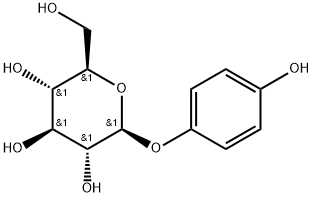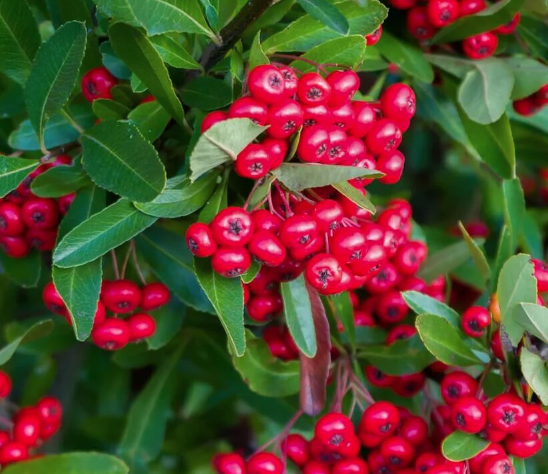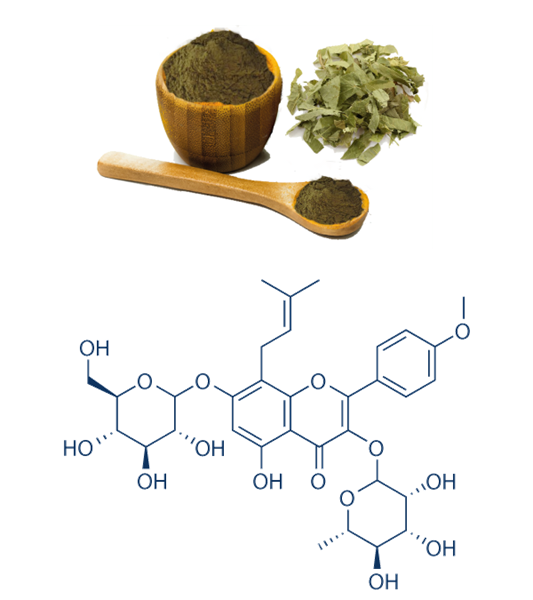Arbutin: Benefits and Side Effects
What is Arbutin?
Arbutin is a glucoside of hydroquinone, the structure of which consists of a molecule of D-glucose bound to hydroquinone. D-glucose exists in aqueous solution in the form of α-, β- or γ-isomers, with the β-isomer predominating. β-Arbutin is naturally occurring in plants such as wheat, pears, and arbutin, and is used in medicines and food supplements for the treatment of lower urinary tract infections. The synthetic α-isomer is mainly used as a skin whitening agent and is widely used in the cosmetic industry.
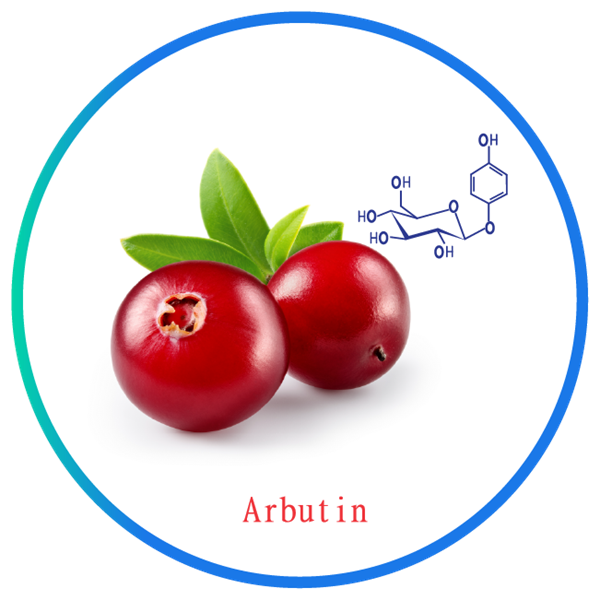
Benefits of Arbutin for the skin
Reducing melanin formation
Arbutin, as a tyrosinase inhibitor, is a natural skin whitening agent. Arbutin effectively inhibits tyrosinase activity in skin cells, blocking melanin formation without affecting cell proliferation. α-Arbutin's skin whitening effect has been studied for more than 30 years, and its ability to inhibit melanin production is more than 10 times greater than that of β-arbutin.
α-Arbutin works by reducing tyrosinase activity, thereby reducing melanin formation in the skin.Reducing tyrosine and melanin levels reduces hyperpigmentation and dark spots and has whitening and lightening effects.
Contributing to the reduction of melasma
Alpha-Arbutin reduces the formation of melanin in the skin, which not only reduces dark spots, but is also effective in treating melasma that occurs during pregnancy.
Brightens and enhances skin tone
α-Arbutin's skin brightening effect also works by reducing the formation of melanin. In addition, it is also able to alleviate the problem of hyperpigmentation caused by sunburn, resulting in a fairer and more even skin tone.
Side Effects
Arbutin is a relatively safe whitening ingredient. It is suitable for most skin types and can usually be used in a variety of skin care products such as serums, lotions, creams and masks. Some people may experience itching, dryness, redness and burning sensation after use. Results of in vitro cellular experiments indicate that arbutin is potentially hepatotoxic and can negatively affect testicular cell function and androgen production, which may affect male reproductive health. Severe allergic reactions are rare and may include swelling, severe itching and rash.
References:
[1] AYU MASYITA; Y. R. Molecular Docking Studies of Arbutin Derivatives as Tyrosinase Inhibitors[J]. International Journal of Bioscience, Biochemistry and Bioinformatics, 2019. DOI:10.17706/IJBBB.2019.9.3.188-193.
[2] BOO Y C. Arbutin as a Skin Depigmenting Agent with Antimelanogenic and Antioxidant Properties.[J]. Antioxidants, 2021. DOI:10.3390/antiox10071129.
[3] YUANYUAN SHAN . Arbutin inhibits androgen biosynthesis by rat immature Leydig cells in vitro[J]. Reproductive toxicology, 2023. DOI:10.1016/j.reprotox.2023.108476.
You may like
Related articles And Qustion
See also
Lastest Price from Arbutin manufacturers

US $0.00-0.00/kg2025-12-05
- CAS:
- 497-76-7
- Min. Order:
- 1kg
- Purity:
- 98%
- Supply Ability:
- 1000kg
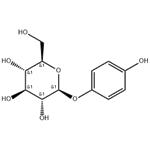
US $0.00-0.00/kg2025-08-21
- CAS:
- 497-76-7
- Min. Order:
- 1kg
- Purity:
- 99%
- Supply Ability:
- 1
